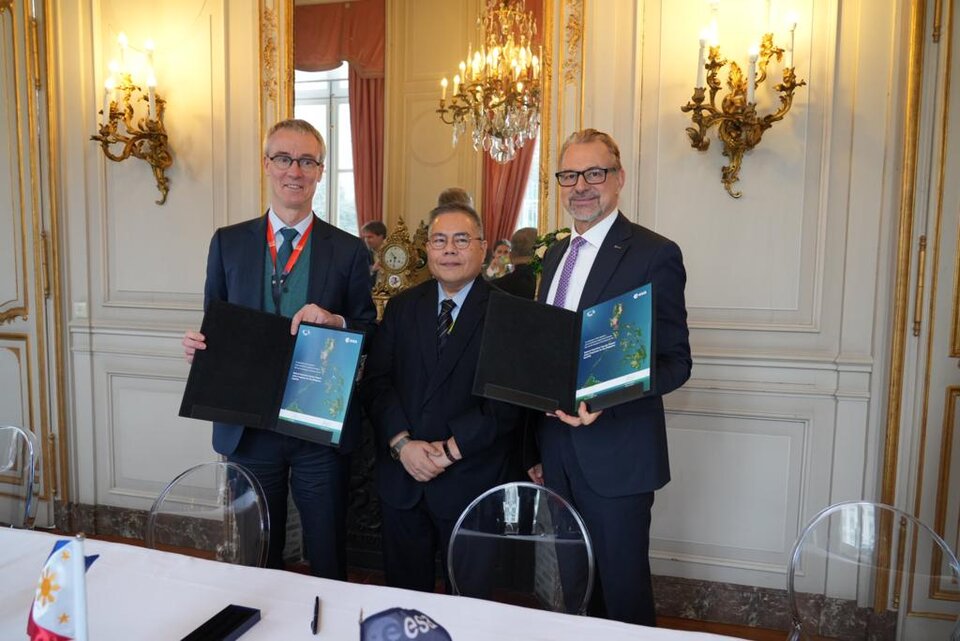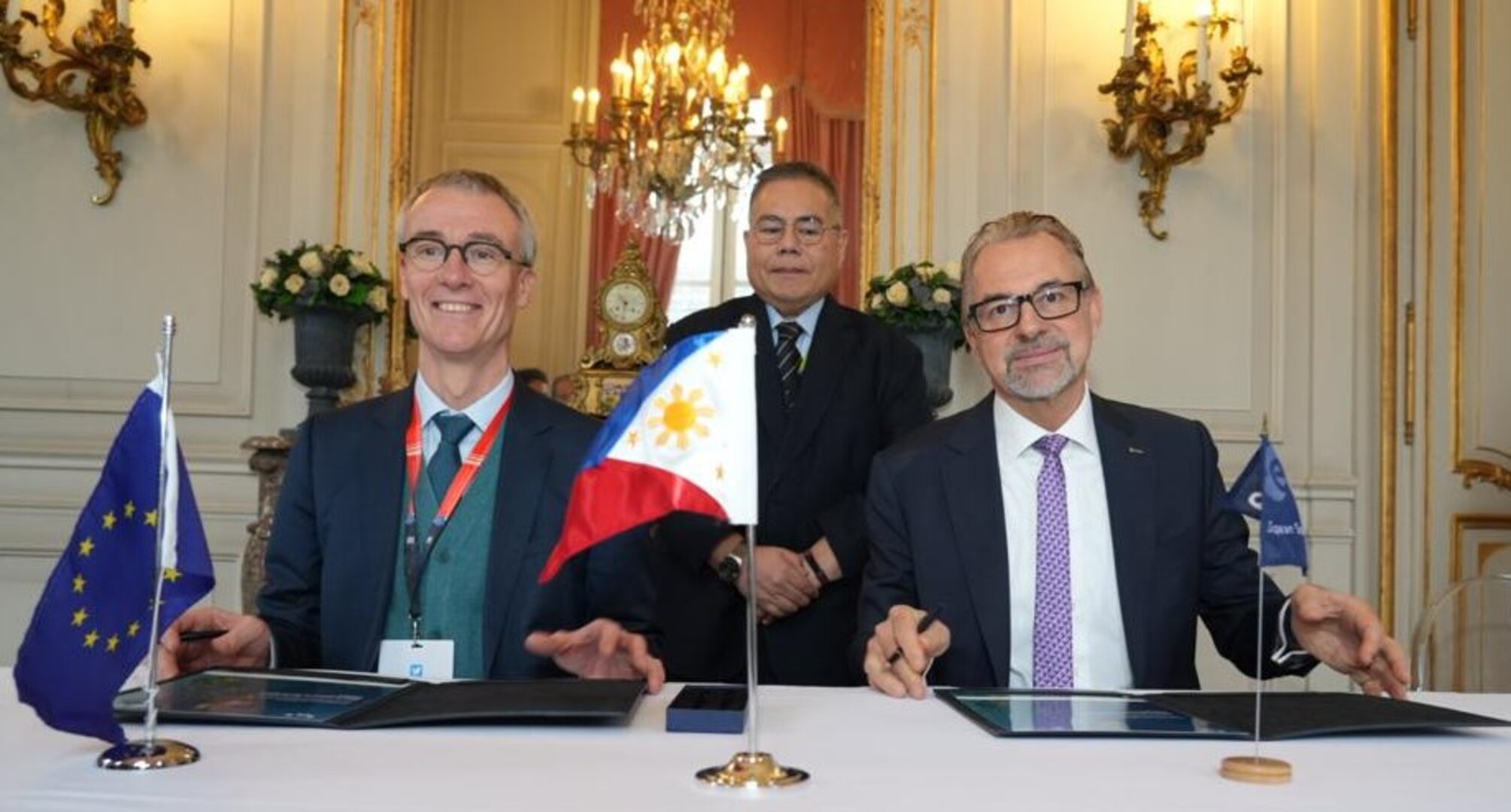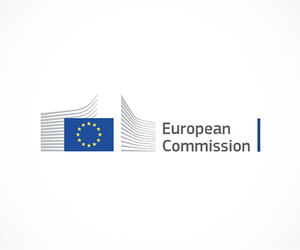ESA and the European Commission uniting on Earth observation for the Philippines
ESA and the European Commission have signed a contribution agreement to build a Copernicus mirror site in the Philippines – the first of its kind in southeast Asia. The new CopPhil initiative will enhance the response capability and resilience of the Philippines to natural and human made disasters through the strategic use of space data. This will help reduce vulnerability of the nation to climate hazards, support climate adaption, food security and environmental protection.
With €7.3 million provided in funding for the CopPhil initiative in the Philippines, ESA and the EU, along with national stakeholders, will support the uptake of the Copernicus Programme – the most ambitious Earth observation programme to date.
The CopPhil initiative is part of the new Global Gateway strategy of the EU encouraging the advanced utilisation of Copernicus data and information services, which in turn, will support better policy definition, improved planning, increased transparency, commitment and accountability.
ESA’s Director General Josef Aschbacher commented, “The agreement today is further testimony that we are committed to putting European space assets at the service of managing global issues, from climate to development policy. There is high potential for further expanding this collaboration in the future, in line with the EU Green Deal and Digital Agenda goals, which also aligns with the ESA Agenda 2025.”

Benjamin Koetz, Head of ESA’s Sustainable Initiatives Office, added, “ESA's Earth observation track record in varied regions including Asia, Africa or Latin America and our expertise in making the most out of satellite data across different sectors here on Earth means we are ideally placed to implement this action plan together with the European Commission and the Philippines.”
The programme will be a building block for the future Team Europe Initiative on Digital Transformation and Digitalisation, with a Team Europe Approach. The primary national partners for the National Copernicus Capacity Support Action Programme for the Philippines (CopPhil) are the Department of Science and Technology of the Government of the Philippines, together with the Philippine Space Agency (PhilSA).
The agreement was signed today at the European Space Conference by Josef Aschbacher, ESA’s Director General, Koen Doens, Director General for International Partnerships at the European Commission, in the presence of Pablito Mendoza, Deputy Chief of Mission and Consul General of the Embassy of the Republic of the Philippines to the Kingdom of Belgium and the Grand Duchy of Luxembourg.
This new collaboration takes place in the context of the EU Global Gateway Strategy, which aims to boost smart, clean and secure links in digital, energy and transport sectors and to strengthen health, education and research systems across the world.
About Copernicus
The Copernicus Programme offers free and open access to Sentinel data, enabling the public authorities to act quickly based on scientific information when it comes to emergency management or environmental protection. Led by the European Commission, the Copernicus programme was put in place to manage the environment and respond to the challenges of a changing world.
As part of the programme, ESA is responsible for the ‘space component’, which not only includes the Sentinel satellites, but also the network of receiving stations and processing centres through which data are made available for the range of Copernicus services.







